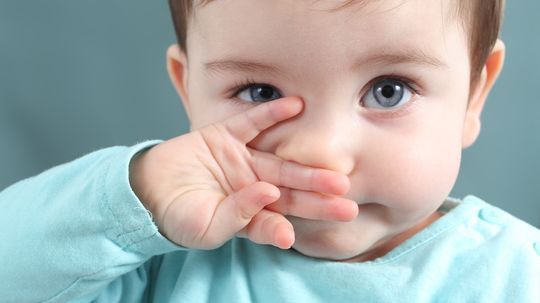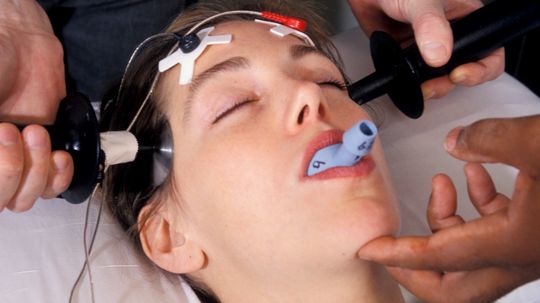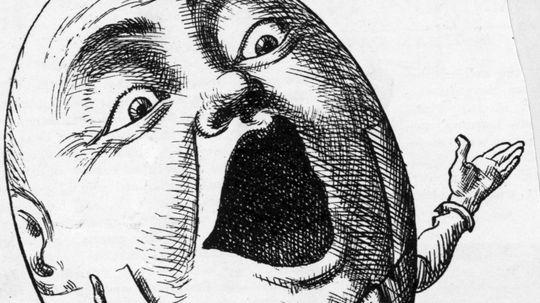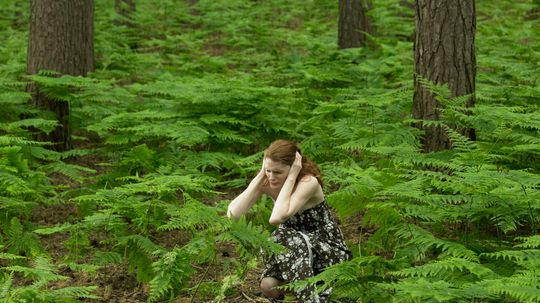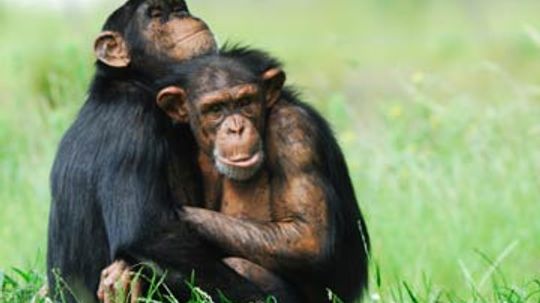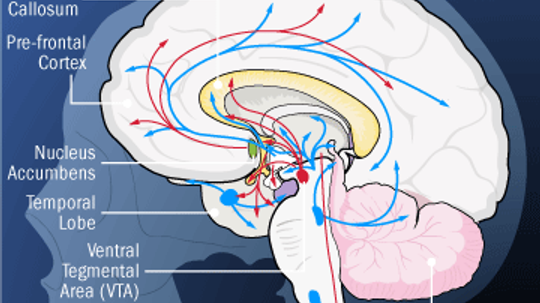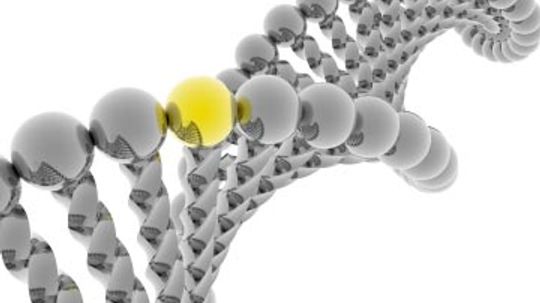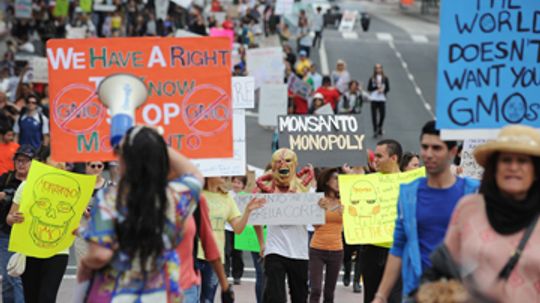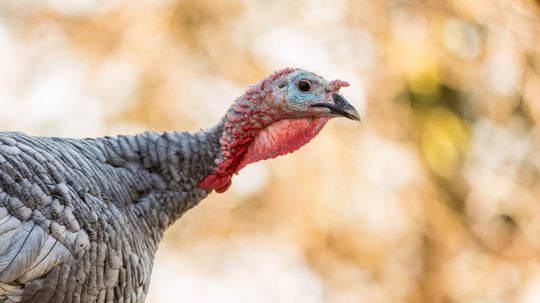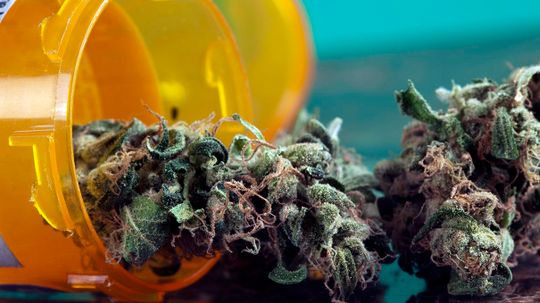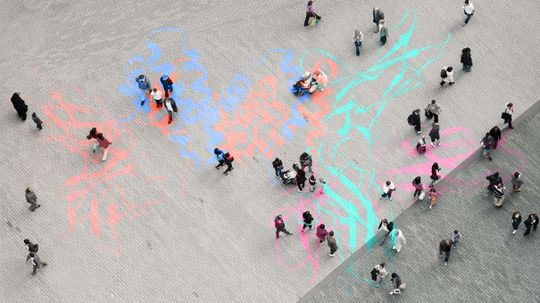Life Science
From the smallest microbe to the largest mammal, Life Science explores the origins, evolution and expansion of life in all its forms. Explore a wide range of topics from biology to genetics and evolution.
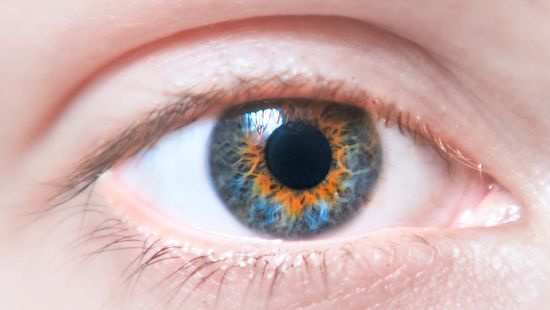
Central Heterochromia: When to Worry About Eye Color
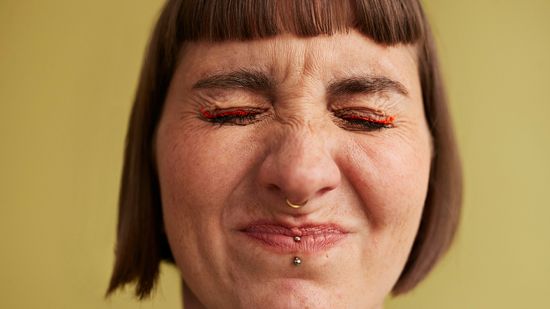
10 Types of Noses to Spot in a Crowd
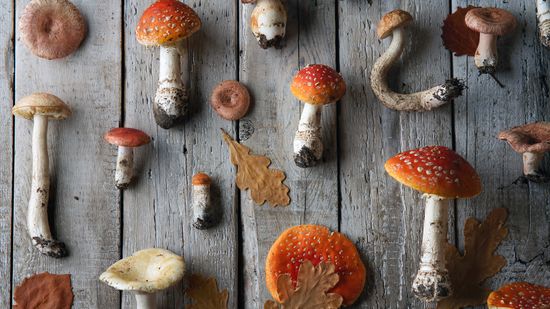
3 Major Types of Mushrooms: Edible, Wild and Poisonous
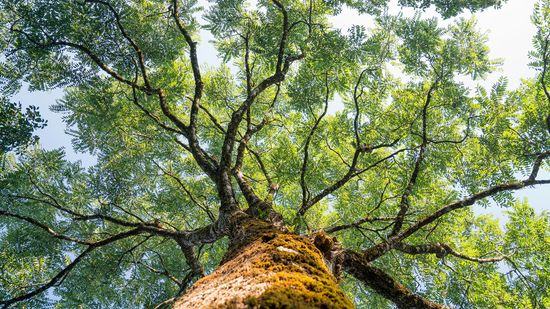
3 Types of Trees You'll Find All Over the Planet
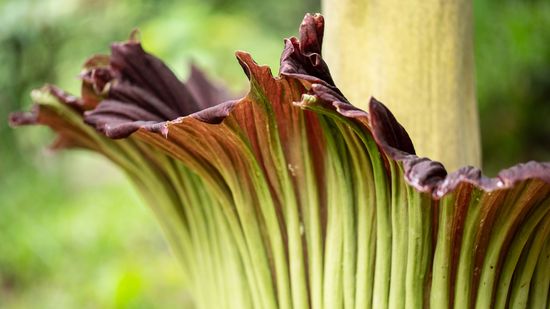
A Corpse Flower Can Grow Over 12 Feet (3.7 Meters) Tall
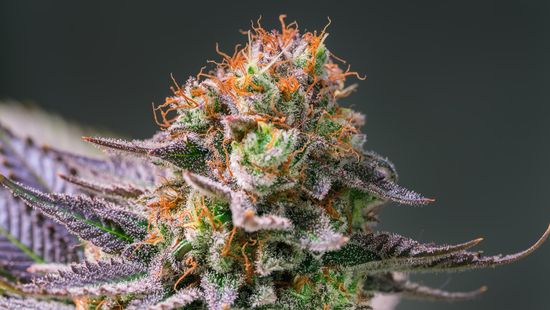
Indica vs. Sativa: How to Distinguish Between Cannabis Plants
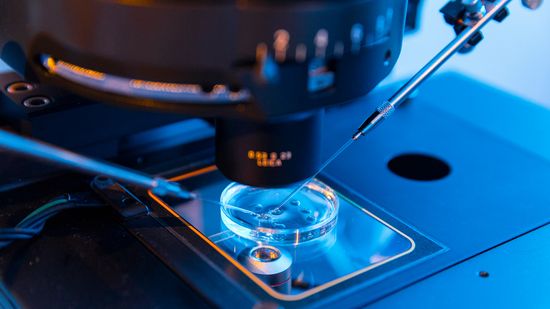
In Vivo vs. In Vitro Trials (and Why Combining Both Is Best)

Hypertonic vs. Hypotonic Solutions: Differences and Uses

Your Phone Is a Germ Factory, So Stop Taking It to the Toilet
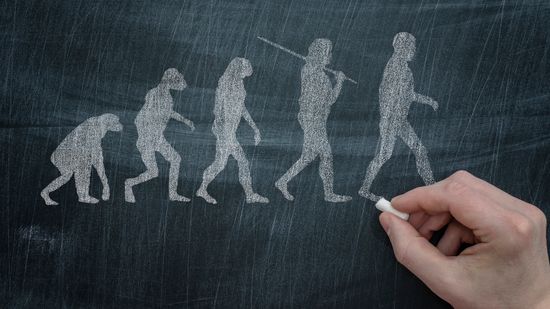
Neanderthal vs. Homo Sapien: Separate Species With Different Fates
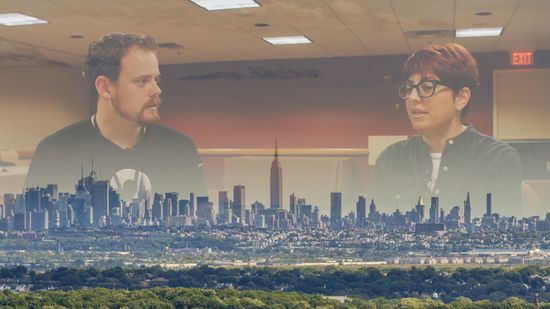
Howstuffworks Interviews: Extinction Level Events with Annalee Newitz

What will the Earth look like in 50,000 years?
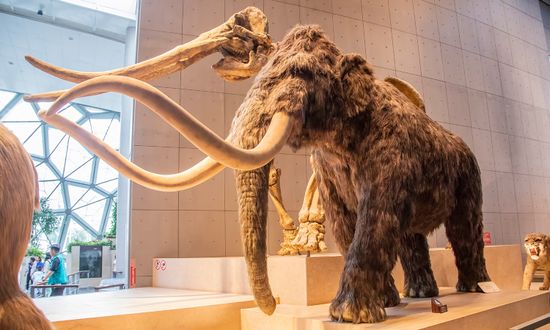
Is a Woolly Mammoth Clone Even Possible?

The Most Common Hair Color Isn't Blonde
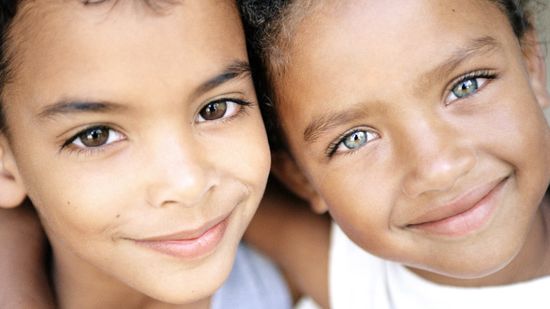
What Is the Most Common Eye Color? Over 70% of People Have It
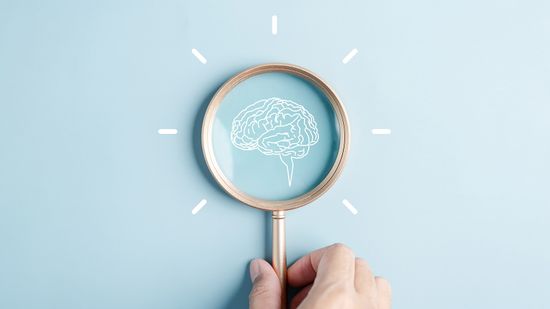
9 Types of Intelligence: The Many Ways to Expand Your Mind
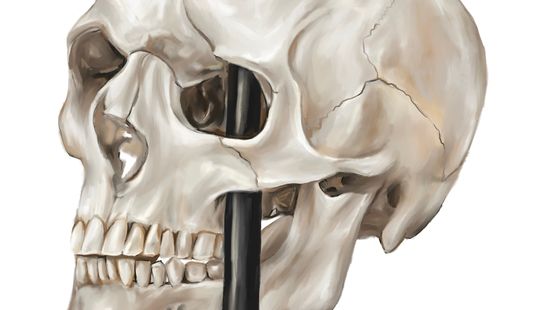
Phineas Gage and the Birth of Modern Neuroscience

Call of the Void: A Counterintuitive Form of Self-preservation
Learn More / Page 13
You're deep in dreamland when you hear an explosion so loud you wake up. But there's nothing outside or inside your house making the noise. What just happened?
By Sean Russell
Odd as it may seem, many antidepressants like Zoloft having warning labels about increases in suicidal thoughts. Why would that be? And how will you know if your medication is actually working?
When you see someone yawning, even in a picture, chances are a yawning urge will come over you, too. But is this also true of sneezing, and if so, why?
Advertisement
Most of us don't intuitively classify electroshocks as therapeutic, but this 1950s-era treatment has changed a lot since it was first introduced. When and why do mental health experts now turn to it?
The same characteristics that help turn songs into earworms also help our brains store important bits of information. Why does the human brain love mad rhymes?
Thinking allows us to solve problems, plan ahead and defend ourselves from outside threats. It's what separates us from "lower" life-forms like plants, right? Well, maybe not.
Though they may be stuck in one place, plants have proven to possess a surprising array of capabilities. But the ability to feel pain? Scientists are learning that the possibility isn't as crazy as it sounds.
Advertisement
Having a Ph.D., four stars on your general's uniform or a seat in the Oval Office won't necessarily stop you from doing things that make others want to whack you on the head with a "how could you?" Here are 10 who should've thought twice.
Newly minted parents do it. Night-shift workers do it. Men and women in the service do it, too. Could you trade a continuous stretch of sleep for a bunch of naps throughout the day, too?
While HeLa cells have been star players in medical research for decades, the woman behind them remained in the shadows for years. Discover the amazing story of Henrietta Lacks and her immortal cells in this article.
The great bullies that have graced the movie and television screen are mostly males, from Bluto to Biff Tannen. We tend to expect boys to throw the punches. But just because girls aren't bloodying noses on the playground doesn't mean they aren't fighting dirty.
Advertisement
Chimps share almost 99 percent of our genetic makeup. What makes up that tiny, 1 percent difference? What are the things that differentiate us from other great apes?
By Tom Scheve
Despite our best intentions, sometimes we just make bad choices. Is it possible to fight your own worst instincts? Only if you can spot these flaws in your decision making process.
By Tom Scheve
If someone tells you he or she possesses the secret of happiness, that person may also have a bridge to sell you. The things that make some people happy may lead to utter despair in others. As it turns out, humans may have to look into themselves to find happiness.
By Josh Clark
What constitutes happiness? Is it the absence of pain or an abundance of pleasure? It is simply a fortunate function of the brain? If it's the latter, then we should be able to manipulate it -- perhaps in the form of a "happy pill." It may surprise you, then, to learn that we already have one.
By Josh Clark
Advertisement
One day you can digest dairy, and the next, milk makes you sick. The culprit behind this crime against milk? Gene regulation. But how do certain traits just switch off?
Biofilms form when single microorganisms attach to a hydrated surface and undergo a "lifestyle switch." But why should we care about biofilms?
Long before sonnets, sestinas and short stories were historical accounts of kings carved onto clay tablets. Who were the first writers and what did they scribble?
Are genetically modified organisms (GMOs) really bad for the environment and your health or just victims of bad publicity? We'll look at the pros and cons of this controversial subject.
Advertisement
Humans can certainly claim some of these, but sloths, giraffes and pandas wanted a piece of the action, too. The hyena adaptation, however, may just blow your mind.
The real story about the roots of infidelity and monogamy is far more complicated than whether you have the "cheating gene."
By Dave Roos
Dust traveling over the Atlantic from North Africa feeds both phytoplankton that makes the oxygen we breath and the bacteria that could kill us.
Actually it doesn't. You may think you're skilled at "multitasking" but chances are you aren't working on two things at exactly the same time. What's really going on and why is multitasking not a good idea?
By Alia Hoyt
Advertisement
Researchers have shown that THC in marijuana alters the structure of the brains in older mice to be more like brains of younger mice. Could the same be true for humans?
It's all connected! Recent rodent research suggests that immune responses and social behavior may be more intertwined than we realized.
By Julia Layton


